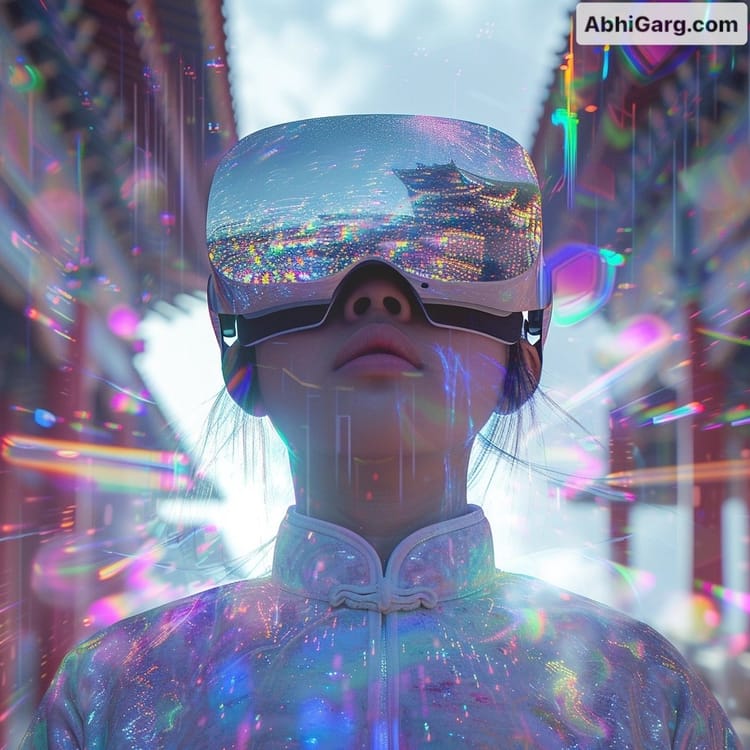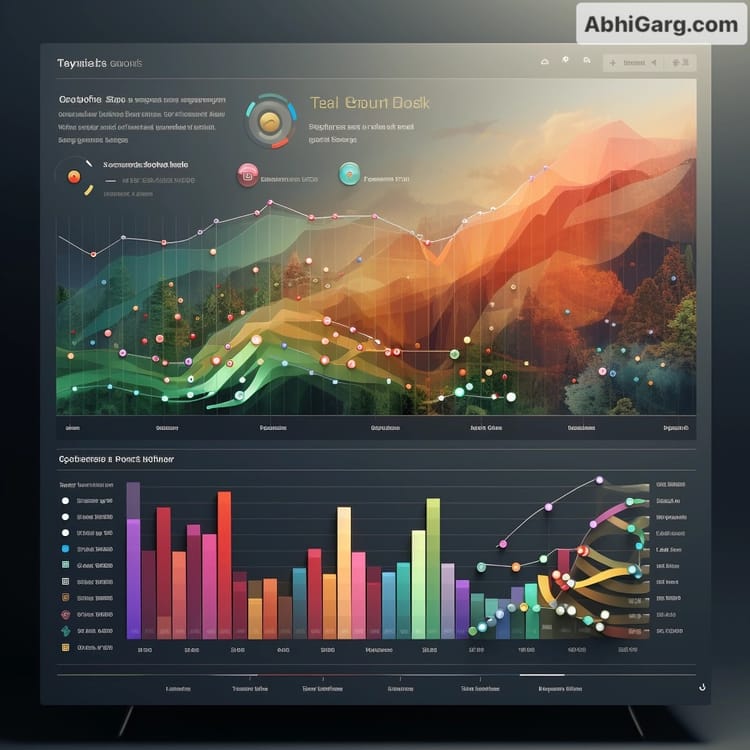The ChatGPT Store: A New Frontier for AI Plugins and Apps
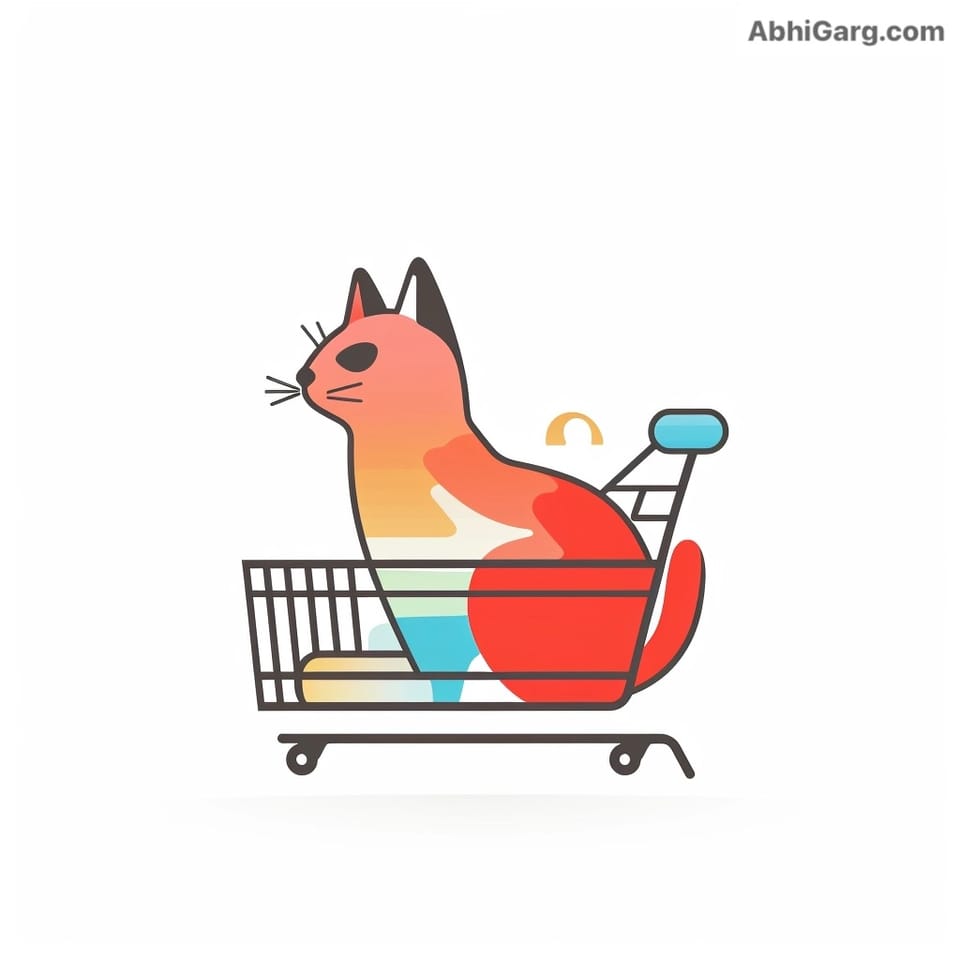
The meteoric rise of ChatGPT as a captivating AI chatbot developed by OpenAI has ushered in a new frontier - the ChatGPT store. This recently launched marketplace features plugins and apps integrating the advanced generative capabilities of ChatGPT and GPT technology into people's daily workflows. As AI grows increasingly entwined with how we work and live, so does this catalog of tools for customized efficiency, creativity, and problem-solving.
In this blog post, we’ll explore the nascent emergence of the ChatGPT store, unpack some of the most practical plugin offerings, highlight standout integrations and apps unlocking productivity potential, address data privacy implications, envision future expansion possibilities, and ultimately glimpse the larger impact of this AI app ecosystem ChatGPT enables. With promises of democratizing access and customizing interactions spanning entertainment to enterprise use cases, understanding this pioneering store offers rare insight into our AI-integrated future on the ground floor. Let’s examine the core capabilities, offerings, and implications shaping early directions in this fascinating AI frontier.
The Genesis of the ChatGPT Store
Historical background of ChatGPT and its evolution
ChatGPT exploded into global consciousness upon its November 2022 launch by AI lab OpenAI, garnering over a million users within days. Built on OpenAI's GPT-3 family of large language models adept at humanlike conversational responses, ChatGPT showcases the outputs such models can deliver via thoughtful, prompt programming and optimization. After the initial chatbot interface highlighted the promise of functional generative AI, OpenAI accelerated efforts to bring practical GPT applications to people and businesses.
The inception of the GPT store by OpenAI and its objectives
Thus, the ChatGPT store emerged in January 2023 - a marketplace of plugins and applications supercharging how ChatGPT powers workflows across domains from creativity to productivity. The store represents OpenAI’s phase, moving beyond showcasing narrow AI demonstrations to enabling public access and benefit through practical integrations with actual tasks. It includes free tools developed on OpenAI’s API and paid premium offerings.
Core objectives behind the GPT store include gathering critical feedback on applied use cases guiding safe and helpful generative AI development, fostering an ecosystem of developers and partners enriching applications, providing revenue streams sustaining OpenAI's research, and ultimately democratizing access to cutting-edge AI augmentation. By observing integration patterns and pain points, OpenAI also improves its models - a symbiosis enabling human-aligned AI through utility.
Navigating the ChatGPT Plugin Store
Detailed exploration of the ChatGPT plugin store offerings
The ChatGPT plugin store offers dozens of free and paid tools integrating OpenAI API access across popular platforms like Google Docs, Notion, Slack, GitHub, Trello, Figma, YouTube, and more. Capabilities range from AI-assisted writing, design, and research to automated meeting note-takers, email productivity, SEO optimization, music composition, and statistical analysis.
Plugin onboarding involves simple authorizations granting specified API permissions to augment target apps via popup dialogs or sidebar extensions conveying ChatGPT's outputs.
Highlighting key plugins and their functionalities
Standout offerings include the Automatically writes handbook docs plugin generating help documentation, Clara for Figma providing design asset tagging/optimization, IdeaX supercharging Notion project planning with research insights, and Creative Queries directly querying GPT models within business intelligence tools like Tableau dashboards.
Writer improves writing quality inside Google Docs via grammar checks, style transfers, reworking tone/voice, and automated citations flagging plagiarism. Entrepreneur plugins advise optimizing YouTube video SEO and email outreach tracking while Day Plan schedules daily meetings and to-do list priorities. Interplay even tunes MIDI music compositions.
Discussing the integration process and user experiences
The plugin integration process focuses on usability, requiring simple permissions and offering natural interfaces familiar with existing platforms augmented by AI capabilities. User experiences center on minimally invasive value-add through contextually relevant ChatGPT functionality, reducing menial work. Whether it's automated meeting notes, email productivity tips, or design asset organization; plugins streamline processes with an assistant-like aid. Setup ranges from minutes to hours before yielding productivity dividends and creative inspirations daily in natural ways.
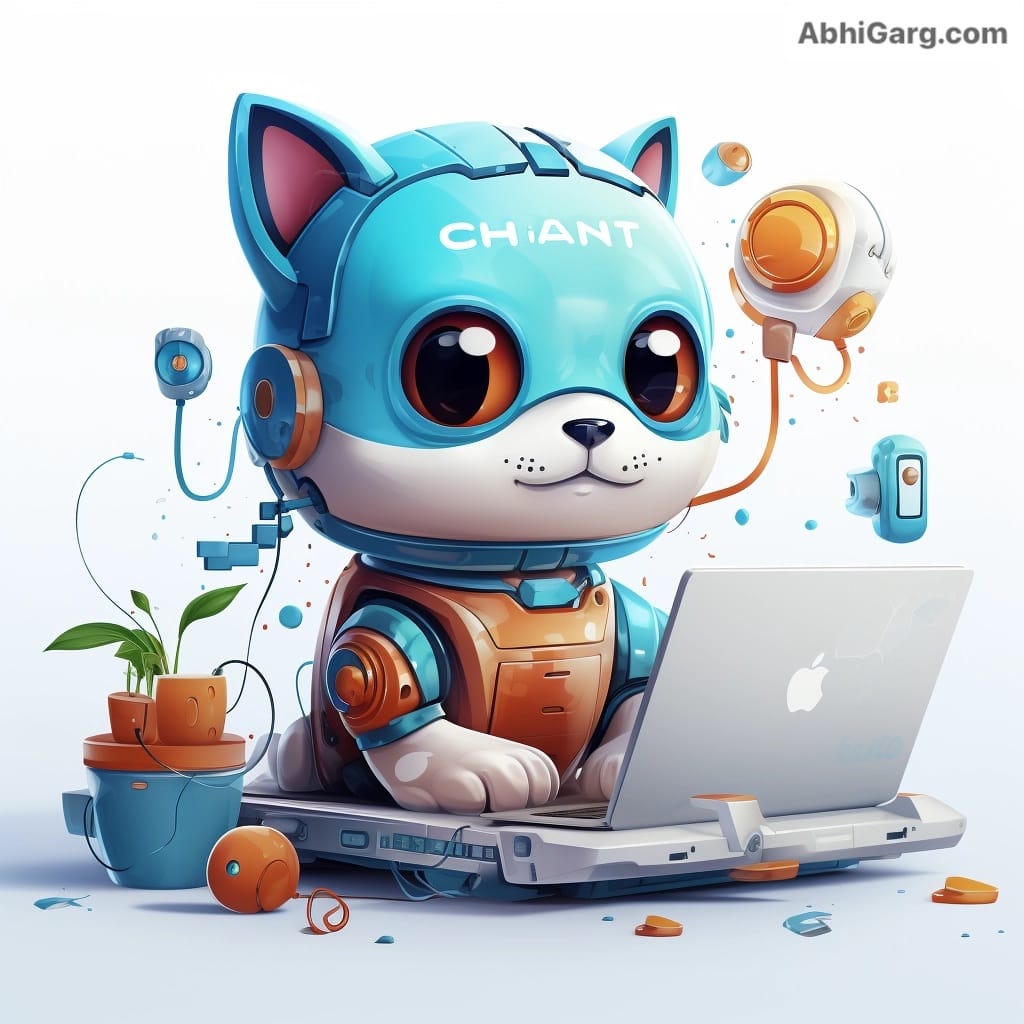
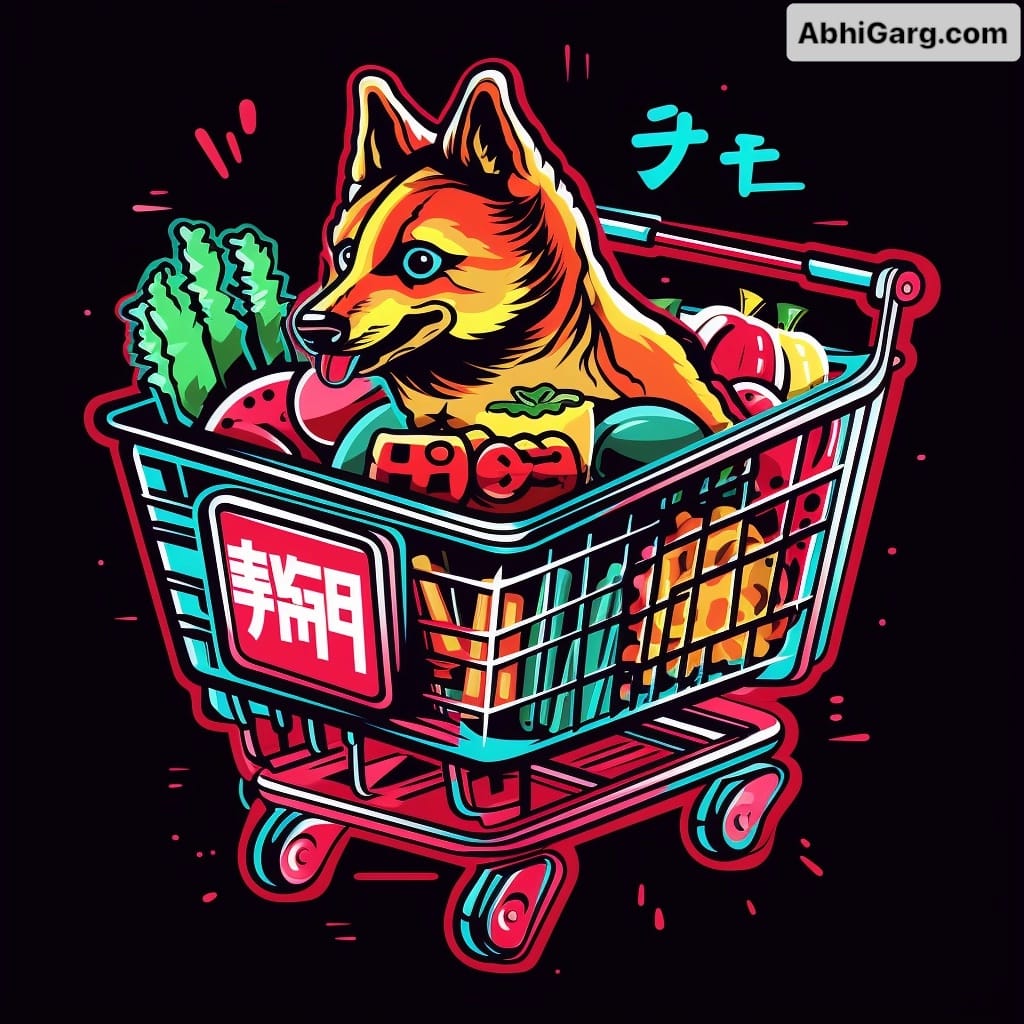
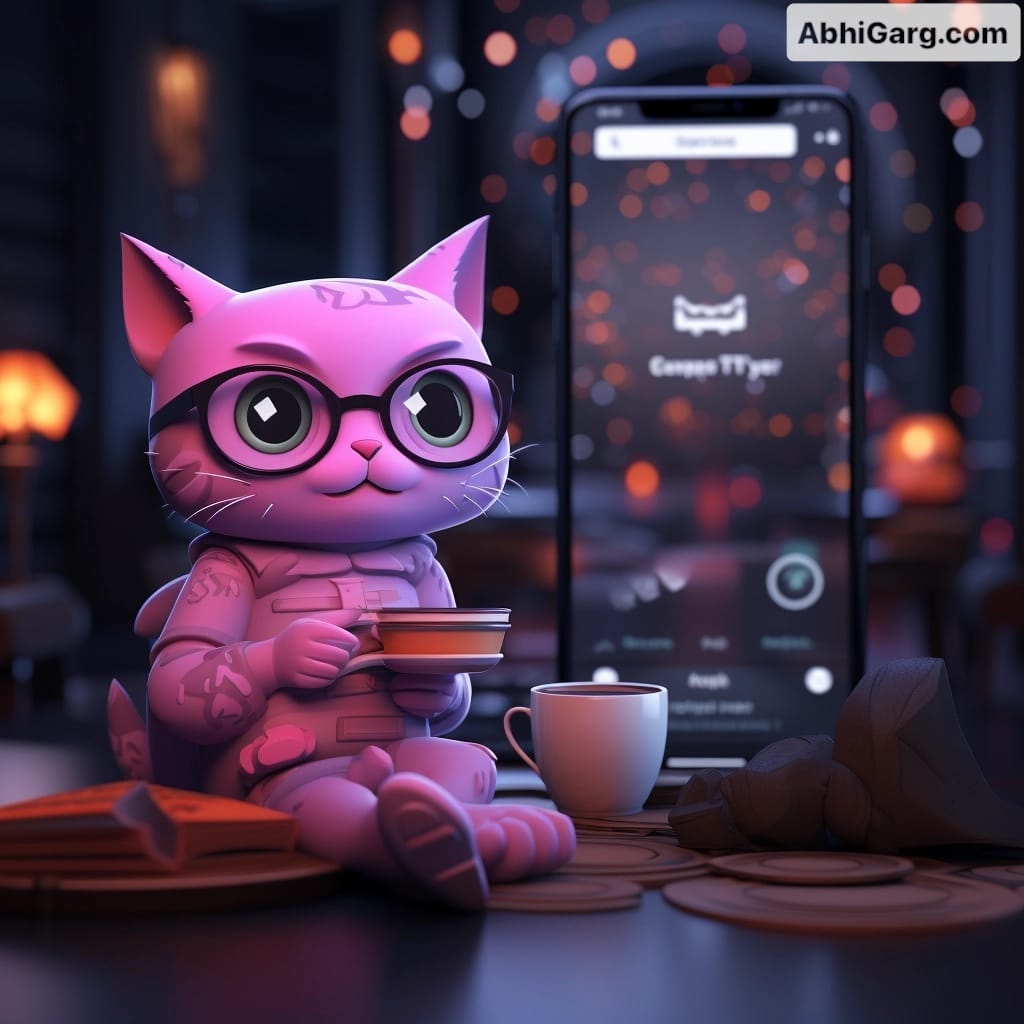
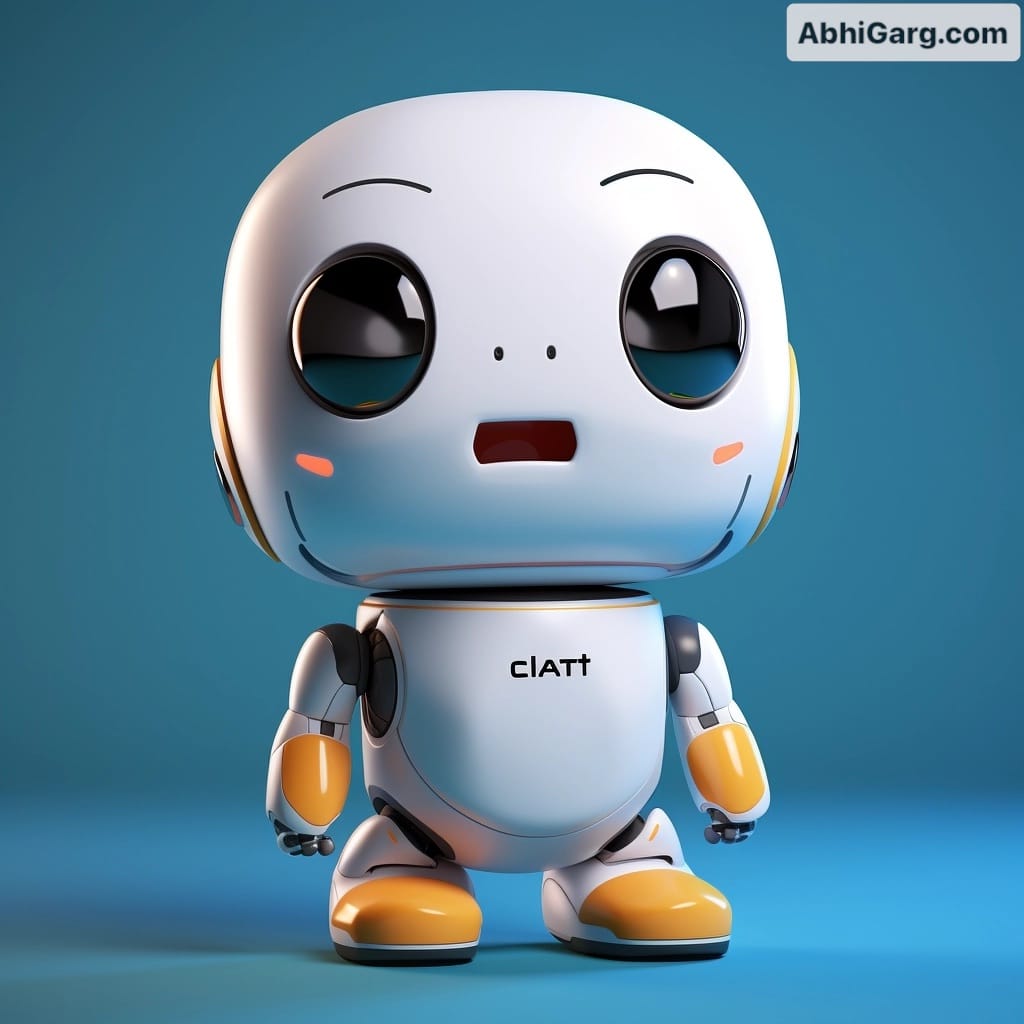
Hundreds of plugins are available in the ChatGPT store.
The ChatGPT App Store: Bridging AI with Applications
Examination of the ChatGPT app store and its significance
Alongside the plugins and integrations, OpenAI unveiled the ChatGPT app store, which features standalone web experiences optimized for GPT interaction. While most traditional mobile app stores centralize access to general productivity tools, entertainment, games, and niche apps across standard phone functions, this specialized store specifically caters to AI use cases. Apps range from personalized wellness assistants to financial advisors, study aids, planners, wardrobe optimizers, and recreation generators, tapping GPT for customized advice and creative direction.
As AI grows more ambient in the coming years, the significance is normalizing utility directly from models like ChatGPT for both unique recommendations untethered to static apps and dynamic hybrid experiences adapting responses to user needs.
Featuring standout apps and their impact on everyday tasks
Standout launches include Clara Schedule optimizing calendar management, Capybara conversational wellness check-ins, and Cherry Pi AI-boosted companion tools for focus, including time boxing and distraction blocking. Clara can reduce scheduling overhead through proactive insights, while Capybara adds personalized encouragement and reflections for self-care goals. Cherry Pi keeps users on track toward progress milestones while deterring habit relapse tempted by distractions.
Comparison between the ChatGPT app store and traditional app stores
Unlike traditional app stores owned by mobile ecosystems like iOS catering to generic consumer use cases, this specialized AI app marketplace provides highly tailored, NLP-driven experiences aligned closer with niche user goals per vertical. The custom experiences also shift more fluidly to user contexts as models update compared to fixed-function traditional apps requiring new installs and updates to add features. It promises entwinement with daily objectives powered by the agency rather than pre-packed static functionality.
OpenAI's Vision for the GPT Store
Insights into OpenAI's strategic plans for the GPT store
OpenAI frames the GPT store as the leading marketplace for commercially vetted AI applications. Safe and beneficial gating of access provides developers reach while sustaining OpenAI through revenue sharing to advance capabilities further. Plans focus on expanding functionality from creativity to productivity, ushering human-AI collaboration into mainstream use through trusted discovery.
Several strategic priorities underlie OpenAI’s GPT store vision:
- Enable widespread access to AI assistance, improving people's lives by lowering barriers and cost
- Incentivize developers to build safe, helpful commercial applications directing AI use into positive trajectories
- Gather critical user feedback on real-world applications guiding the safety and ethics of future AI systems to fulfill beneficial purposes.
- Foster a rich ecosystem of partners across domains collaborating on human-aware ML development.
Overall, the store represents a pivotal phase in transitioning AI labs developing isolated technological demonstrations into sustainable access infrastructure powering societal adoption.
Potential future expansions and partnerships
The promising debut of apps tailored for generative AI hints at immense growth potential as more domains recognize applicability. Expansions may include self-service portals for creating customized GPT experiences and vertical opportunities around education, sustainability, accessibility needs, and underserved groups historically lacking access. Partnerships are also emerging around health, creativity, and productivity tools built atop generative infrastructure.
Privacy Concerns: Does ChatGPT Store Your Data?
Addressing user concerns regarding data privacy within the GPT store environment
As AI systems grow more entwined in daily life, valid concerns emerge around data use. However, OpenAI implements several policies optimizing for privacy across ChatGPT store offerings:
- Data Minimization: Apps only gather necessary usage statistics to improve functionality, avoiding extraneous data collection.
- Anonymization: Any stored data removes identifiable user ties through aggregation, generalization, and abstraction.
- Security: Industry standard encryption protects all access channels, and data handling follows vetted protocols.
- Transparency: Clear consent flows detail what data gets captured and why before usage. Users can also request data deletion or corrections.
- External Review: Independent third-party audits assess OpenAI’s practices around ethical data use.
Proactive privacy remains a founding principle for OpenAI rather than reactive considerations, a key reason for public trust.
OpenAI's policies on data storage and user privacy

Official policies forbid selling or sharing personal data with external parties without explicit consent, even internally. All engineers must also undergo privacy reviews, minimizing collection avenues strictly to just usage analytics for app improvements rather than marketing or profiling.
So, while granting any software access introduces potential risks, OpenAI’s data stewardship focus on core app functionality needs above all else matches its social purpose commitments to acting responsibly given AI’s complex implications. Ongoing external reviews will further validate improving privacy practices or catch issues early.
The Custom GPT Store: Personalizing AI Experience
Exploring the possibilities of customizing GPT plugins and apps
Beyond default tools, even more tailored and personalized GPT-powered solutions become possible through building custom apps leveraging flexible OpenAI API access. Since the platforms are cloud-based, developers can rapidly prototype and publish custom web apps serving niche needs traditional fixed stores overlook.
Use case opportunities for custom AI apps span individual efficiency goals from personalized productivity forecasts to unique creative outlets leveraging generative media capabilities. Even hybrid human-AI cooperation models around identifying optimal R&D directions blending subjective hunches with knowledge synthesis suit custom spaces.
How users and developers are creating tailored AI solutions
Early custom app examples include personal wellness reflection apps combining journaling with GPT-guided prompts around motivation and mindfulness. Custom writing assistant apps fuse advanced grammar and style transfers with user writing voice and domain tone preservation for customized enhancements fitting individual quirks lacking mainstream tools.
Some Kickstarter-style video/photo project ideation apps offer tailored suggestions based on user interests parsed from profiles and scraping online influence trends - functionality mainstream idea generators lack. Specific medical search assistants allow patients to describe symptoms conversationally for GPT to infer possible conditions to discuss with doctors.
As comfort with generative AI increases over time and tools, democratize access, expect exponentially more avenues for customized assistance and inspiration rather than one-size-fits-all solutions. The interfaces promise to reshape each personal journey.
Beyond the Basics: Unique Finds in the GPT Store
Showcasing unusual or innovative plugins and apps available in the GPT store
While many early store offerings focus on expected productivity functions like improved writing or scheduling, part of the promise of increased AI integration includes more creativity, inspiration, and idea generation. Some nascent experiments point towards future possibility spaces:
A Muse lyrics ideation tool helps songwriters brainstorm inspirations filtered by emotive tags and genre influences. Beyond basic recommendations, a slider interface lets you adjust quirkiness, ambiguity, and complexity for unique song idea scaffolds to build upon.
Tabletop adventure apps generate entire playable RPG game campaigns adjustable across fantasy/sci-fi settings, character types, and thematic tones from lighthearted to serious, tailored for custom tabletop sessions without intensive manual worldbuilding.
Still, conceptual art Muse offerings could allow visual creators to describe desired style inspiration keywords for GPT to output a diverse gallery of concept art pieces combining related aesthetic influences as launch inspiration. Even zany outputs provoke new directions by cross-pollinating ideas lateral to one’s existing creative ruts.
The impact of these tools on creativity, productivity, and entertainment
Such experimental tools promise to enhance human creativity rather than displace it by automating drudgery. They provide bespoke sparks unique to one’s creative challenges, pulling from exponentially more stimulus than individuals may recognize in isolation. Just as autocomplete aids writing productivity without replacing authors, creative muse tools can fluidly inspire new idea directions on-demand tailored to the specific creative obstacles a painter, musician, or author faces at the moment.
Over time, as AI integration improves, expect more frictionless inspiration between discovering creative blocks with ideating solutions in a tight loop for everything from starting essays to overcoming story writer’s block. The barrier between wanting inspiration and finding it rapidly lowers.
Conclusion: The Future of AI Through the ChatGPT Store

Recap of the GPT store's current landscape and its potential
Even in its nascent phase, the ChatGPT store provides intriguing glimpses into an AI-integrated future where generative models seamlessly empower productivity, creativity, and customized assistance across everyday tasks. As OpenAI iterates and stabilizes access and developers exponentially build bespoke apps fitting niche needs, the possibilities remain boundless.
Predictions for the growth and evolution of the ChatGPT store
Expect exponential expansion in coming months as more domains recognize potential applicability, users experience benefits, and accessibility improves for non-technical audiences currently hesitating to test beta boundaries today. Further personalization around individual needs and use cases will flourish rather than one-size-fits-all solutions. Supplementary marketplaces may emerge, curating best-in-class apps as volume increases over time following the trajectory of mobile app stores.
We’re witnessing merely the earliest sprouting phases of a new paradigm where ambient assistance unlocks new forms of hybrid human-AI cooperation and creativity unique to one’s context and goals.
FAQs
1. Is the ChatGPT store currently open to everyone?
No. It’s available to Plus, Enterprise, and Teams tiers.
2. What kinds of apps are currently available in the store?
Popular early app categories include writing aids, scheduling assistants, brainstorming tools, financial planners, wardrobe optimizers, wellness trackers, study aids, and recreation generators. More creative tools are emerging, too.
3. Can I make my own custom ChatGPT apps and plugins?
OpenAI provides developer documentation and API access for building custom web apps leveraging ChatGPT capabilities tailored to niche needs beyond the official store offerings.
4. Is my data being sold if I use ChatGPT store offerings?
No personal data from ChatGPT store usage is sold or shared by OpenAI without explicit consent. Data collection is minimized and anonymized for app improvements only.
5. How much does the ChatGPT store cost to use?
Many free plugin trials and apps have paid tiers for additional capabilities or compute resources. Custom apps can incur usage charges depending on OpenAI API calls and traffic.


